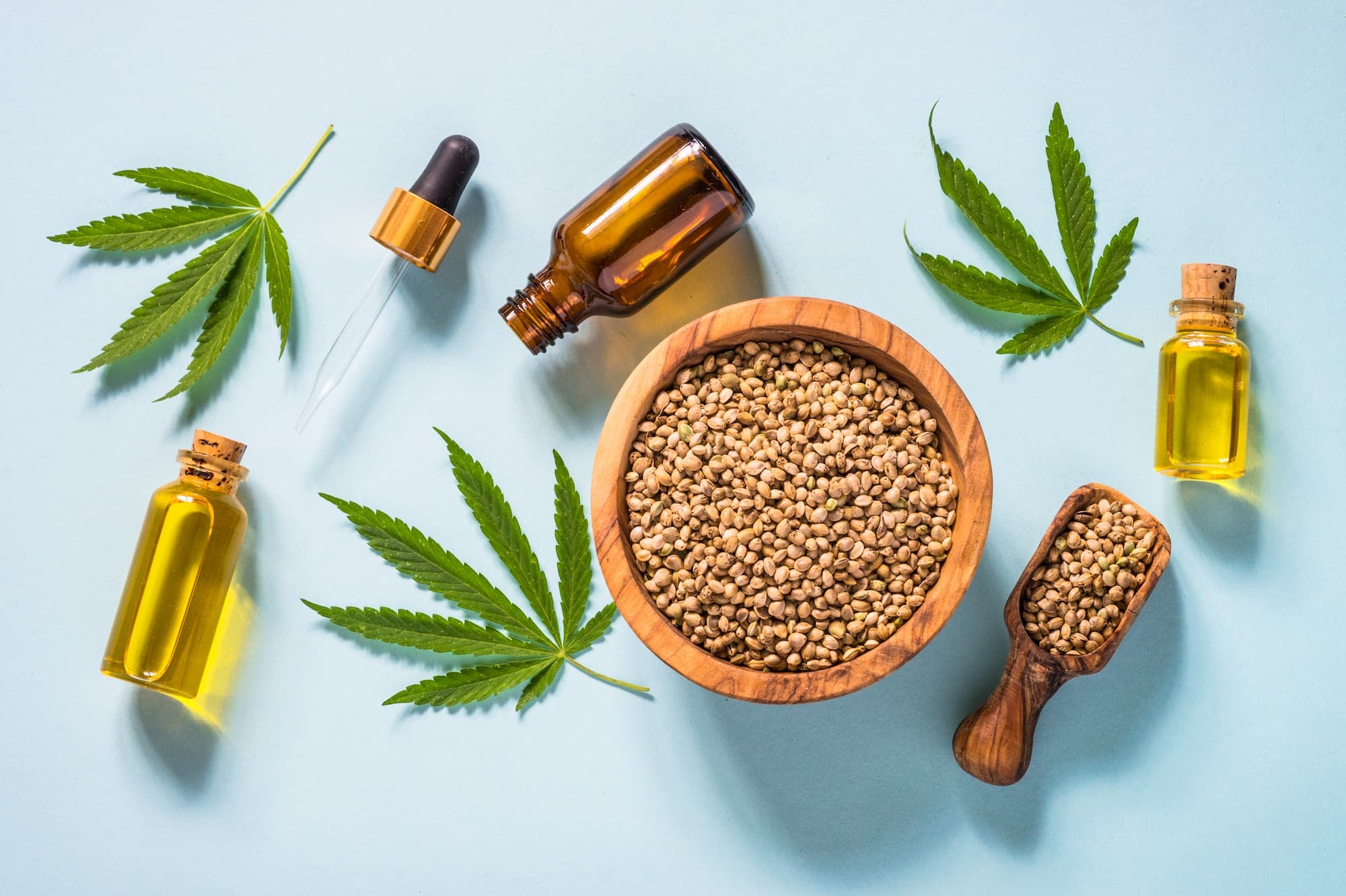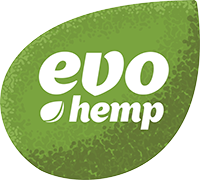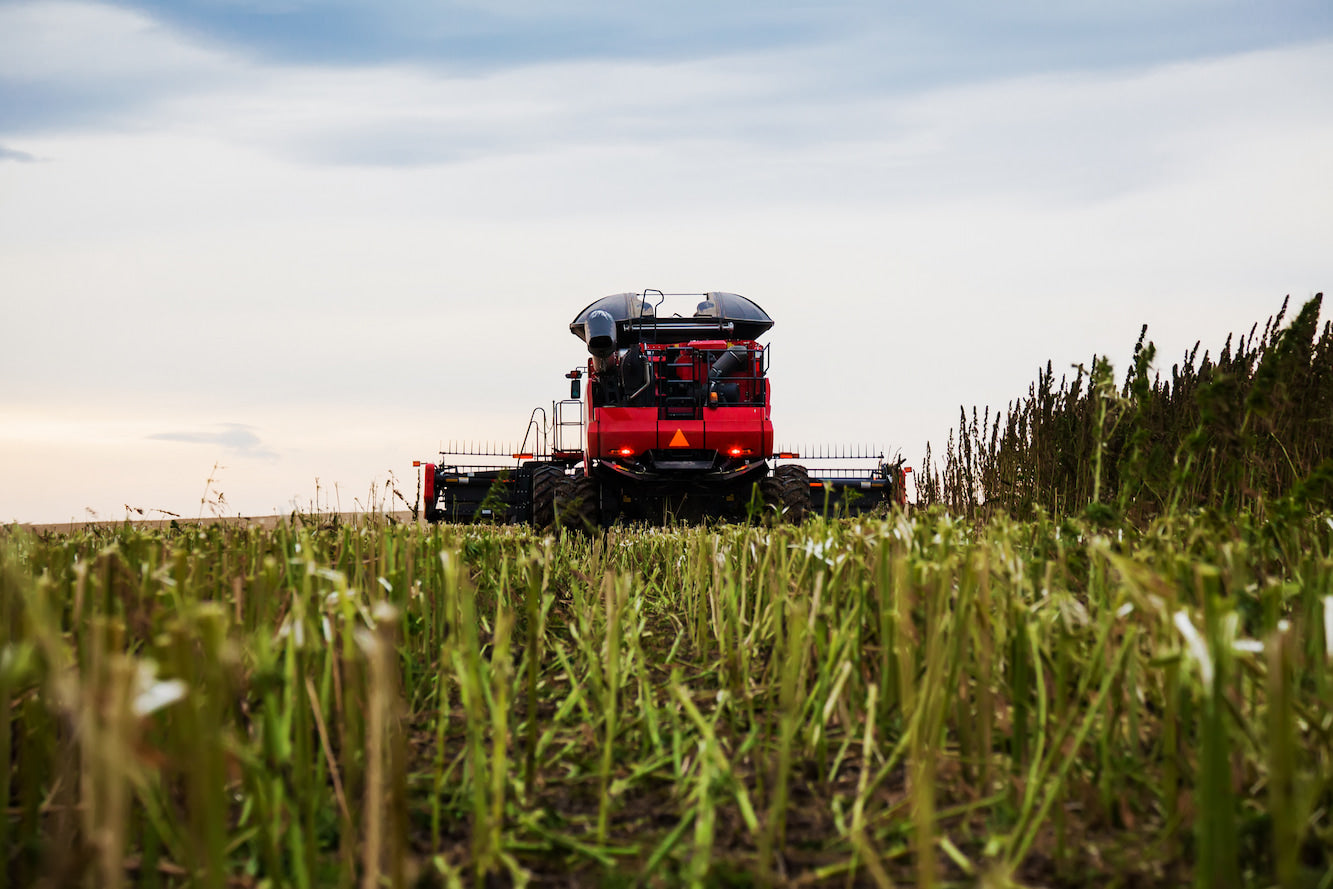Hemp Oil vs. CBD Oil: What's the Difference?

Hemp is an incredible thing. Almost every part of the plant can be used to create something. The seeds are pressed to make oil, the flowers are used to create cannabinoid extracts, and the stalks of the plant can be used to make rope and textiles. Hemp can even be used to create things like biodiesel. It’s amazing how many completely different things can come from the same source.
Even though these things share an origin story, they couldn’t possibly be more different, and this can cause confusion. In that same thought process, hemp oil and CBD oil may sound like different ways to refer to the same thing, but they come from completely different parts of the cannabis sativa plant and don’t have much in common.
If you’re weighing the benefits of hemp oil vs. CBD oil, here’s what you need to know about the two similar but very different products.
What Is Hemp?
CBD oil and hemp oil come from the hemp plant. Hemp plants are cannabis in nearly every single way. The only difference between a hemp plant and any other kind of cannabis or marijuana plant is their THC content. The 2018 Farm Bill clearly defines a hemp plant as any cannabis plant that produces a maximum of 0.3% THC according to its dry weight.
THC is the cannabinoid that makes cannabis a psychoactive substance. At 0.3% THC, a hemp plant would only have trace amounts of THC. This isn’t enough THC to create a high. That’s why CBD products are legal in every state and hemp is free for farmers to grow and store shelves are lined with legal hemp products.
How Is Hemp Oil Made?
Hemp oil is made from the seeds of the hemp plant, and can thus also be referred to as hempseed oil. It can be made by crushing the hemp seeds with extreme pressure to release the natural oils they contain, or by running seeds through an expeller machine that mechanically applies pressure to extract the oil in a more efficient manner. In some cases, solvents are used to dissolve the oils from the seeds.
Some oil manufacturers will cold press or expeller press the seeds first and then use solvents to extract the last bit of oil remaining in the crushed seeds. This practice is common in oil mills equipped for every method of extraction, and helps to prevent the waste seen from manual extraction methods.
How Is CBD Oil Made?
CBD oil is made by extracting phytocannabinoids from the flowers, stems, and leaves of fully mature hemp plants. The extraction process commonly takes place in a multi-chambered machine that uses either food-safe solvents like ethanol or supercritical carbon.
The plant material is placed into a special chamber with the solvent, and the solvent absorbs the cannabinoids, fatty acids, waxes, and terpenes from the hemp plant. The plant material is separated from the mixture and discarded. The solvent is forced to evaporate away from the extract, leaving behind the hemp plant’s valuable compounds.
Referring to the extract as CBD oil is an oversimplification of the actual product. Full-spectrum CBD oil contains a lot of cannabinoids and other valuable plant compounds. While CBD is always the most abundant compound, minor amounts of other cannabinoids and plant nutrients work in synergy with CBD to create potent wellness benefits.
Does Hemp Oil Contain CBD?
As hemp plants grow into full maturity, they begin to produce cannabinoids like CBD and plant compounds like terpenes. This is a process that takes place as the plant develops, ultimately reaching maximum production as the plant hits full maturity. This process requires light, water, nutrients, and time.
Hemp seeds never had an opportunity to begin that journey. Hemp seeds are full of the initial nutrients the plant needs to germinate and begin to grow. They don’t contain any cannabinoids or terpenes, which will ultimately be created by the plant much later.
Many people mistakenly interchange the terms “CBD oil” and “hemp oil,” but the two don’t have much in common. Hemp extract is a better description of CBD oil, as CBD oil is a product extracted from the hemp plant. What would help resolve some of the confusion is the use of “hempseed” oil in hemp oil’s place — that’s what it is, after all.
If you’re looking for the wellness benefits of CBD, you need to choose a product that specifically states that it contains CBD. Misleading terms and packaging often suggest that products contain cannabinoids when they’re actually seed oils.
Always double-check the packaging and specifically look for the terms “CBD” and “extract.” If the packaging refers to the product as seed oil, it’s safe to assume it doesn’t contain any CBD unless specifically stated otherwise.
What Are the Benefits of CBD Oil?
Full-spectrum CBD oil and broad-spectrum CBD oil are phytocannabinoid-rich wellness supplements used to promote a broad wealth of benefits, and provide holistic support to the brain and body.
The brain and body contain a vast network of cannabinoid receptors referred to as the endocannabinoid system. Your body makes some of its own cannabinoids to power this system, but it also accepts cannabinoids from outside sources.
CBD works to stimulate your endocannabinoid system, providing it with the support it needs to perform its functions to the best of its ability. The endocannabinoid system plays a role in your body’s circadian rhythm, emotional wellbeing, immune system, digestive system, and inflammatory response. It also plays a smaller role in many other processes.
As time goes on, it’s likely that more benefits and use cases will be uncovered for many of the cannabinoids the hemp plant naturally contains. Cannabinoids show a lot of promise for the future of wellness science. For now, CBD is regarded as a general wellness supplement similar to adaptogenic herbs or nutraceutical plants.
CBD is commonly used to ease feelings of mental or emotional tension and promote better sleep. Many athletes use CBD as a post-workout recovery tool. People who occasionally experience restlessness use CBD to calm themselves down prior to a stressful situation, like a public speaking engagement or participating in a competition.
What Are the Benefits of Hemp Oil?
Hemp oil is one of the healthiest oils to eat and is also an excellent topical skincare product.
Hemp oil is naturally rich in healthy omega-6 and omega-3 fats and only contains 1 gram of saturated fat per serving. Its earthy, nutty flavor enhances many recipes — it’s an excellent oil to use for homemade pesto, salad dressings, or sandwich spreads.
The omega fats are what make hemp oil so nutritionally precious. When you heat hemp oil, you damage these benefits. Hemp oil should never be used to fry or saute. It should ideally be used at room temperature or only gently warmed when used to cook. Treat hemp oil like a finishing touch rather than an ingredient.
The omega fats in hemp oil help to nourish, moisturize, and protect your skin, and may help soothe symptoms of certain skin conditions. Hemp seed oil is an occlusive moisturizer, which means it draws water to the skin.
Hemp seed oil will absorb rather quickly, deeply penetrating the skin to provide moisture. The omega fats in hemp oil work with the top layer of your skin to fortify its natural protective barrier.
Many people will find that hemp seed oil is vastly better than coconut oil as a personal care product. You’ll never be left feeling greasy, and the nourishing benefits may become apparent sooner than they would with coconut oil.
Why deal with the waxy mess when you have a better alternative?
Hemp Oil vs. CBD Oil for Daily Use
There should never be a battle of hemp oil vs. CBD oil. This is an apples to oranges comparison. They each provide a unique set of benefits, and they both can become a valuable part of your daily life as long as you’re using them appropriately.
CBD oil needs to be taken daily for the full wealth of its benefits to become apparent. Although you may feel relaxed less than an hour after using CBD oil, that’s only the tip of the iceberg. The benefits of CBD become more pronounced with regular use. Using CBD daily for about 30 days will produce broad and sustainable benefits without interruption. You’ll need to keep using CBD to enjoy its effects indefinitely.
Hemp oil can be used daily as a replacement for other oils in your diet. You can mix powdered peanut butter with hemp seed oil to make omega-rich peanut butter. You can dress your salads with it. You can pour it into a bowl with garlic and herbs and serve it with your dinner bread instead of olive oil. Keep the hemp oil on the table.
What About Hemp Oil Infused with CBD?
CBD-infused hemp oil can be hard to find, but we have it here at evo hemp.
Our CBD-infused hemp seed oil contains 15 milligrams of full-spectrum hemp extract per serving. If you’re looking to kill two birds with one stone or to add a little more CBD into your life, CBD-infused hemp seed oil is the perfect way to do it.
Why choose between two different sets of benefits when you don’t have to?
Our Native American grown hemp is lab tested for quality, safety, and purity. We believe in incorporating every benefit of the hemp plant into your daily life.
Hemp protein powder and hemp hearts also have a place at the table. There’s no shortage of ways to incorporate hemp into your daily life!
Sources:
Hemp Production and the 2018 Farm Bill - 07/25/2019 | FDA
Cannabidiol in Anxiety and Sleep: A Large Case Series | National Institutes of Health



